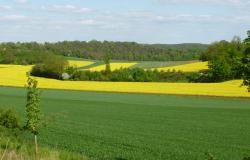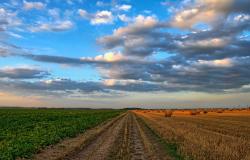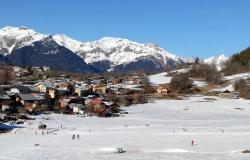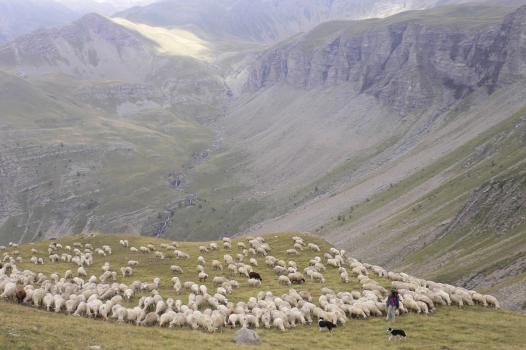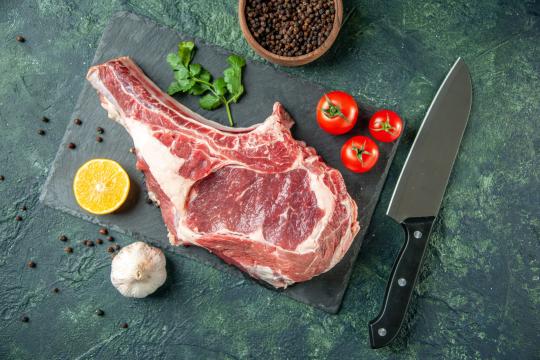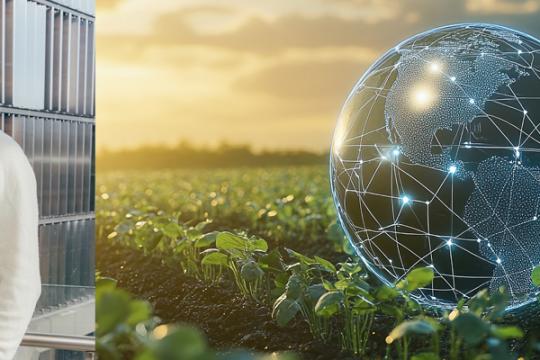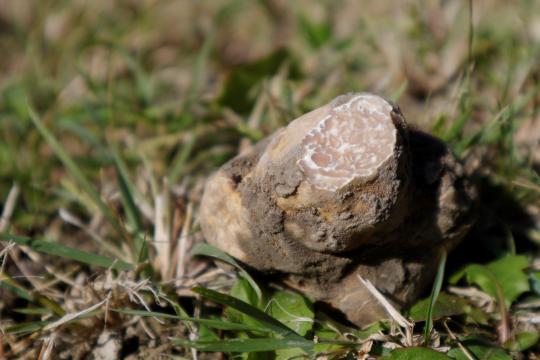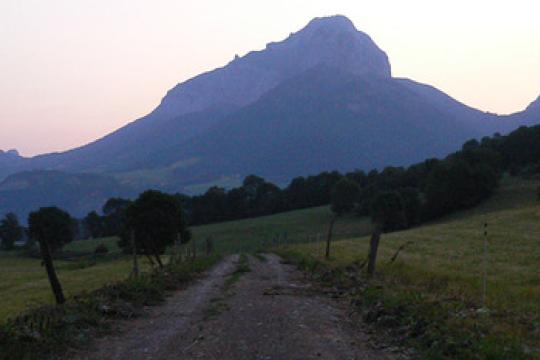INRAE research is exploring the approaches needed to make these systems more sustainable, as well as the hurdles and barriers that are preventing crucial transitions from happening. The institute is analysing and evaluating public policies while also paying particular attention to the logical coherence of potential strategies within different domains (e.g., the economy, society, environment, and public health) and at different decision-making scales (local, national, and international). It is exploring ways to promote the implementation of innovative techniques and structures while never losing sight of the potential impacts on industry economic performance, regional dynamics, relationships among stakeholders, society, health, and the environment.
Human activities have a key influence on system development.
To the greatest extent possible, INRAE uses participatory science to generate novel discoveries and encourage resource contributions. Taken together, this work informs how we think about agricultural, forestry, and food systems, environmental protection methods, and non-food uses for agricultural resources at a wide range of structural levels. It will help design and assess public policies, as well as actions that can be taken by private companies, everyday consumers, and non-governmental organisations. INRAE is developing ambitious interdisciplinary approaches that utilise modelling, quantitative analyses, and case studies. A key aspect of this research is the complementarity of its analytical scales. Consequently, the institute is heavily invested in garnering reliable local, national, and international data. An important part of this work is developing technical platforms for handling the resulting databases, which will make it easier to carry out analyses involving multiple criteria and scales.
